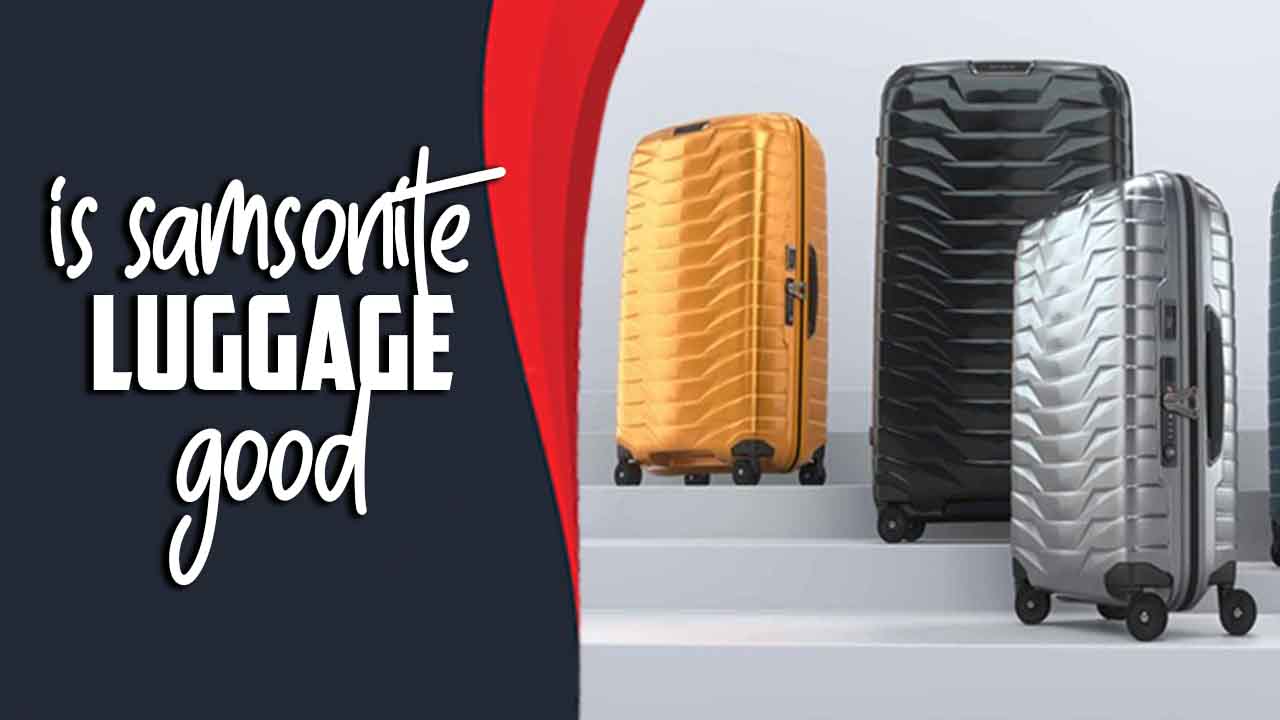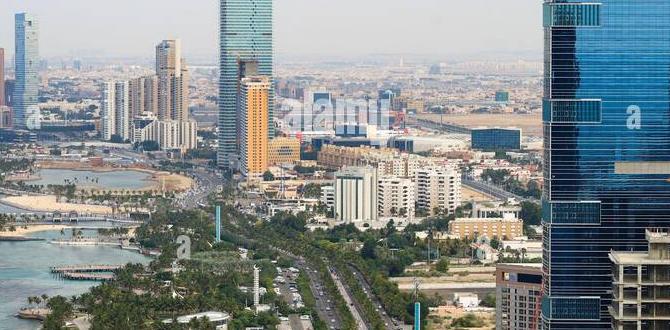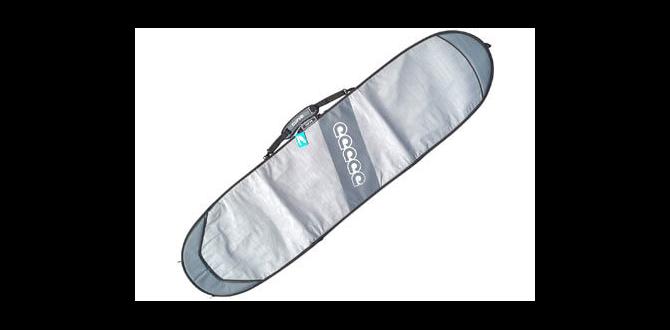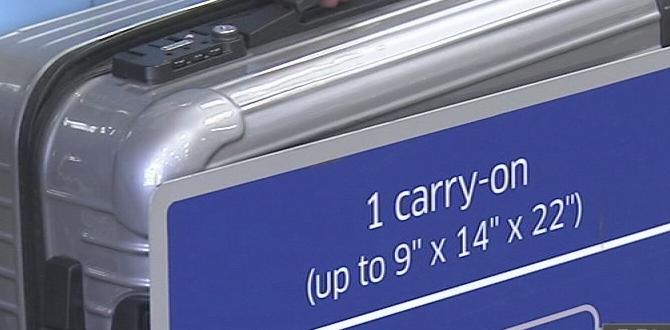Addis Ababa budget travel is achievable with smart planning. Discover proven savings on accommodation, food, transport, and activities to experience Ethiopia’s vibrant capital without breaking the bank. This guide offers practical tips for every traveler.
Planning a trip to Addis Ababa, the heart of Ethiopia, should be exciting, not stressful about costs. Many travelers worry about how to explore this fascinating city on a budget. You might think visiting a capital city automatically means high expenses. But what if I told you that with a few clever strategies, you can experience the best of Addis Ababa without emptying your wallet?
It’s completely possible to enjoy delicious food, comfortable stays, and memorable excursions while keeping your spending in check. This guide is here to show you exactly how. We’ll walk through practical, proven ways to save money every step of the way. Get ready to discover how to travel Addis Ababa affordably!
Your Addis Ababa Budget Travel Essentials
Embarking on a budget-friendly adventure in Addis Ababa is all about making informed choices. It’s not about deprivation; it’s about smart allocation of your travel funds. We’ll break down key areas where you can make significant savings.
1. Smart Accommodation Choices
Where you rest your head can be one of the biggest budget factors. Addis Ababa offers a range of options, from luxury hotels to cozy guesthouses and hostels.
Hostels and Budget Guesthouses
For solo travelers or those looking for the most cost-effective option, hostels are fantastic. They offer dormitory-style beds and often private rooms at very low prices. They are also great places to meet fellow travelers and get local tips. Guesthouses provide a step up in privacy and amenities while remaining budget-friendly.
- Pros: Very affordable, social atmosphere (hostels), often includes basic breakfast, good for meeting people.
- Cons: Less privacy in dorms, shared bathrooms might be common, fewer amenities than hotels.
Mid-Range Hotels
If you prefer more privacy and comfort, opt for mid-range local hotels. These often offer clean rooms, private bathrooms, and good service at a fraction of the cost of international chains. Look for places slightly outside the main tourist hubs for even better deals.
- Pros: Private rooms and bathrooms, more amenities (TV, Wi-Fi), good balance of comfort and price.
- Cons: More expensive than hostels, potentially less social.
Location, Location, Location (on a Budget)
While staying in the absolute center might seem convenient, it’s often pricier. Consider areas like Kazanchis or Bole Medhaneialem, which offer a good mix of accessibility and lower accommodation costs. You can easily get to popular spots via affordable taxis.
Booking Tips
Book in advance, especially during peak season. Compare prices on different booking platforms and also check direct hotel websites. Sometimes, booking directly can secure a better rate or added perks.
2. Delicious and Affordable Eats
Ethiopian cuisine is a highlight of any trip, and thankfully, it’s also very budget-friendly. The key is to eat where the locals eat!
Local Restaurants (Gegena)
Skip the tourist traps and head to local eateries, often called ‘geg’ or ‘gegna’. Here, you’ll find authentic injera platters with delicious stews (wots) for very reasonable prices. A hearty meal for one can often cost as little as $2-$5 USD.
Don’t be afraid to try:
- Injera: The sourdough flatbread that’s a staple of Ethiopian cuisine.
- Doro Wat: A rich, spicy chicken stew.
- Misir Wat: A flavorful lentil stew.
- Shiro Wat: A chickpea paste stew, often a vegetarian favorite.
Street Food and Local Markets
Bustling markets like Merkato (though it’s more a wholesale market, you can find food stalls) and local street vendors offer delicious snacks and quick bites. Think freshly baked bread, roasted corn, and small samosas. Always ensure food is cooked fresh and hot.
When exploring markets, look for vendors with high turnover – a good sign of freshness.
Coffee Culture
Ethiopia is the birthplace of coffee! Enjoying a traditional coffee ceremony is a must-do and incredibly affordable when done at local cafes or even invited into a home. A cup of freshly brewed coffee is usually less than $1 USD.
A traditional coffee ceremony involves roasting fresh beans, grinding them, and brewing the coffee in a clay pot called a ‘jebena’. It’s a wonderful cultural experience and a cost-effective treat.
Drinks to Save On
While imported drinks can be expensive, local beers like St. George or Castel are reasonably priced. Ethiopian Tej (honey wine) is also a local specialty worth trying in moderation.
3. Navigating Addis Ababa on a Shoestring
Transportation around a large city can eat into your budget quickly. Fortunately, Addis Ababa offers several affordable ways to get around.
Mini-Buses (Blue and White)
These are the workhorses of Addis Ababa’s public transport. They are incredibly cheap but can be crowded and follow specific routes. They are a true local experience!
- How they work: You flag them down, tell the driver where you’re going, and pay a small fare when you get off or onboard. Fares are usually set and very low.
- Tips: Be prepared for a crowded ride. Learn a few basic Amharic phrases for directions.
Taxis
There are two main types of taxis: traditional blue and white taxis, and specialized ride-hailing apps. Both are affordable for getting around.
- Blue and White Taxis: These are metered. Always ensure the meter is on. If a driver refuses, find another. They are great for shorter to medium distances.
- Ride-hailing Apps: Apps like Ride are popular and provide a more structured pricing system, often with upfront fare estimates. This can be very convenient and budget-friendly, especially when splitting costs with travel companions.
A typical ride across town might cost between $3-$7 USD, depending on distance and traffic.
Walking
For exploring specific neighborhoods like Piazza or early morning trips around Bole, walking is free and allows you to soak in the city’s atmosphere. Always be aware of your surroundings and stick to well-lit, populated streets, especially at night.
4. Budget-Friendly Sightseeing and Activities
Addis Ababa is brimming with cultural and historical sites that don’t cost an arm and a leg.
Museums with Low Entrance Fees
The National Museum of Ethiopia, home to the famous Lucy fossil, has a very modest entrance fee. The Ethiopian Ethnological Museum (formerly the Palace of Emperor Haile Selassie) also offers incredible insights into Ethiopian culture for a small charge.
- National Museum: Essential for understanding Ethiopian history and prehistory.
- Ethnological Museum: Offers a fascinating look at the diverse ethnic groups of Ethiopia.
Churches and Religious Sites
Holy Trinity Cathedral, a stunning and historically significant Orthodox cathedral, has a small entrance donation. The ancient rock-hewn churches of Lalibela are a must-see, though they require a separate trip and budget from Addis Ababa itself. Within Addis, churches offer serene beauty and historical context.
Markets and Local Life
Simply wandering through local markets like Shola Market or the famous Merkato gives you a vibrant, authentic experience. You can witness daily life, browse local crafts, and enjoy the bustling atmosphere for free. Remember to bargain politely if you decide to purchase souvenirs.
Parks and Recreation
Entoto Park offers beautiful views over the city and opportunities for light hiking or relaxing. It’s a great escape from the urban hustle, often with minimal or no entrance fees for general access. Reaching Entoto might involve a taxi ride, but the views and fresh air are worth it.
5. Money-Saving Tips & Tricks
Beyond the main categories, here are some extra proven ways to stretch your Birr.
Travel Off-Season
While Ethiopia doesn’t have drastic “off-seasons” like some beach destinations, avoiding major holidays like Ethiopian Christmas (Genna) or Easter can sometimes lead to slightly lower prices on both flights and accommodation. The rainy season (roughly June to September) might offer fewer crowds and better deals, though be prepared for rain.
Learn Basic Amharic Phrases
Knowing a few words in Amharic can go a long way. “Selam” (hello), “Ameseginalehu” (thank you), and numbers can help you navigate markets, order food, and interact with locals. This often leads to better interactions and sometimes even better prices.
Bargain Respectfully
In markets and with some taxi drivers (if not using a meter or app), polite bargaining is expected. Start by offering about 50-60% of the asking price and negotiate upwards. Always do this with a smile and respect.
Stay Hydrated Smartly
Bottled water is readily available. While not a huge expense, buying larger bottles and refilling a reusable water bottle where safe can save money and reduce plastic waste. Look for reputable brands.
Connect with Locals
Ethiopians are known for their hospitality. Striking up conversations with locals in cafes or guesthouses can lead to invaluable free tips on hidden gems, local deals, and authentic experiences you might not find in guidebooks.
Budgeting for Essentials
For longer stays or if you have specific personal needs, like adult or child diapers due to travel length or health considerations, it’s wise to factor these in. While widely available in pharmacies (especially in larger towns like Addis), buying in bulk before you depart or at larger supermarkets can be more economical. If you are traveling with children or require adult diapers, packing a reasonable supply can offer peace of mind and considerable savings compared to last-minute purchases at tourist-oriented shops.
For example, if you can find a pack of 20 adult diapers for $15 at home, and the equivalent in Addis might cost $20 or more depending on the brand and quality, factoring this into your pre-trip shopping list makes sense. Similarly, for child diapers, planning ahead ensures comfort and cost-effectiveness for parents on the go.
6. Sample Budget Itinerary (3 Days)
Here’s a sample itinerary focusing on experiencing Addis Ababa affordably:
Day 1: History and Culture
- Morning: Visit the National Museum of Ethiopia (entrance fee ~ $2-3).
- Lunch: Enjoy a traditional injera meal at a local restaurant in the Kazanchis area (~$3-5).
- Afternoon: Explore Holy Trinity Cathedral and its grounds (donation ~ $1-2).
- Evening: Wander through the Piazza area, grab a cheap coffee. Dinner at another local spot or try ‘Fired Chicken’ outlets for budget-friendly fried chicken.
Day 2: Markets and Views
- Morning: Experience the vibrant Merkato (go with a local guide if you’re first-timer for safety and navigation, though wandering can be free).
- Lunch: Grab street food or a quick bite within Merkato or nearby.
- Afternoon: Take a taxi up to Entoto Park for panoramic city views and a breath of fresh air (taxi fare ~$5-7 round trip, park entry usually free).
- Evening: Try a local Tej bet (honey wine house) for a unique evening experience and dinner.
Day 3: Art and Relaxation
- Morning: Visit the Ethiopian Ethnological Museum (entrance fee ~ $2-3).
- Lunch: Find a local café for a light affordable meal.
- Afternoon: Relax at a public park or revisit a favorite neighborhood. Consider a traditional Ethiopian coffee ceremony at a local cafe (~$1).
- Evening: Enjoy a final budget-friendly dinner, perhaps exploring the Ghion Imperial Hotel’s grounds for a serene walk.
This itinerary focuses on using affordable transport, eating at local eateries, and visiting low-cost or free attractions. Remember to factor in personal expenses for shopping or extras.
Understanding the Ethiopian Birr (ETB)
The local currency is the Ethiopian Birr (ETB). Exchanging money can be done at airports, banks, and authorized exchange bureaus. While ATMs are available, especially in Addis Ababa, they may not always work with foreign cards or dispense large enough amounts. Carrying some USD or Euros for exchange upon arrival can be a good backup.
Exchange rates are fairly stable. A quick check on a reliable financial news site like XE.com can give you real-time rates. Always keep your exchange receipts, as sometimes you need them to exchange leftover Birr back.
Current Exchange Rate Example (Subject to Change)
| Currency | Approximate Value in ETB |
|---|---|
| 1 USD | 54.30 ETB |
| 1 EUR | 58.70 ETB |
| 1 GBP | 68.50 ETB |
*Note: Exchange rates fluctuate. This is for illustrative purposes only. Always check current rates.
Safety on a Budget
Budget travel often means being more exposed to local environments, which is generally safe in Addis Ababa, but caution is always recommended.
- Be Aware of Your Surroundings: Especially in crowded markets like Merkato or when using public transport. Keep valuables secure and out of sight.
- Taxis: Always use metered taxis or reputable ride-sharing apps. Agree on a price beforehand with non-metered taxis.
- Night Travel: Stick to well-lit areas and use reputable taxis or ride-sharing for late-night journeys.
- Scams: Be aware of common tourist scams, like overly helpful “guides” in popular areas who expect money. Be polite but firm in declining unwanted assistance.
- Health: Ensure you drink bottled or purified water. For any specific health needs, like requiring adult or child diapers, packing a supply can prevent last-minute stress and potential price gouging if you need to purchase them unexpectedly in less-frequented areas.
For general travel safety advice, the U.S. Department of State provides country-specific information that can be helpful.
Frequently Asked Questions About Addis Ababa Budget Travel
Q1: What is the best way to find cheap accommodation in Addis Ababa?
A1: Look for local guesthouses and hostels, especially in neighborhoods like Kazanchis or slightly away from the absolute city center but still accessible via public transport. Booking sites can be used for comparison, but sometimes contacting smaller establishments directly yields better rates.
Q2: How much money should I budget for food per day in Addis Ababa?
A2: Eating at local restaurants (geg’s) and street food stalls is very affordable. You can comfortably eat delicious meals for between $10-$20 USD per day, depending on your appetite and choices.
Q3: Is it safe to use public mini-buses in Addis Ababa?
A3: Yes, the blue and white mini-buses are generally safe and extensively used by locals. They are very affordable. Be prepared for crowds during peak hours and keep an eye on your belongings.
Q4: Are there any free activities in Addis Ababa?
A4: Absolutely! Wandering through vibrant markets like Merkato, exploring neighborhoods on foot, and enjoying the views from Entoto Park are excellent free activities. You can also simply soak in the atmosphere at local coffee shops.
Q5: How can I save money on SIM cards and data in Addis Ababa?
A5: Purchase a local SIM card from providers like Ethio Telecom upon arrival. It’s significantly cheaper than international roaming. You can buy SIM cards and data bundles at authorized shops with your passport. Consider getting a local SIM for easier communication and navigation.
Q6: What’s the best way to handle money in Addis Ababa on a budget?
A6: While ATMs are available for withdrawals, it’s wise to carry a mix of cash (USD or EUR for exchange) and a debit/credit card. Exchange money at authorized bureaus for better rates than at the airport. Inform your bank of your travel dates to avoid card issues.
Conclusion
Traveling Addis Ababa on a budget is not only possible but also incredibly rewarding. By prioritizing local experiences – from savoring authentic cuisine in small eateries to navigating the city streets like a local and choosing budget-friendly accommodation – you unlock a deeper connection with Ethiopia’s vibrant capital.






